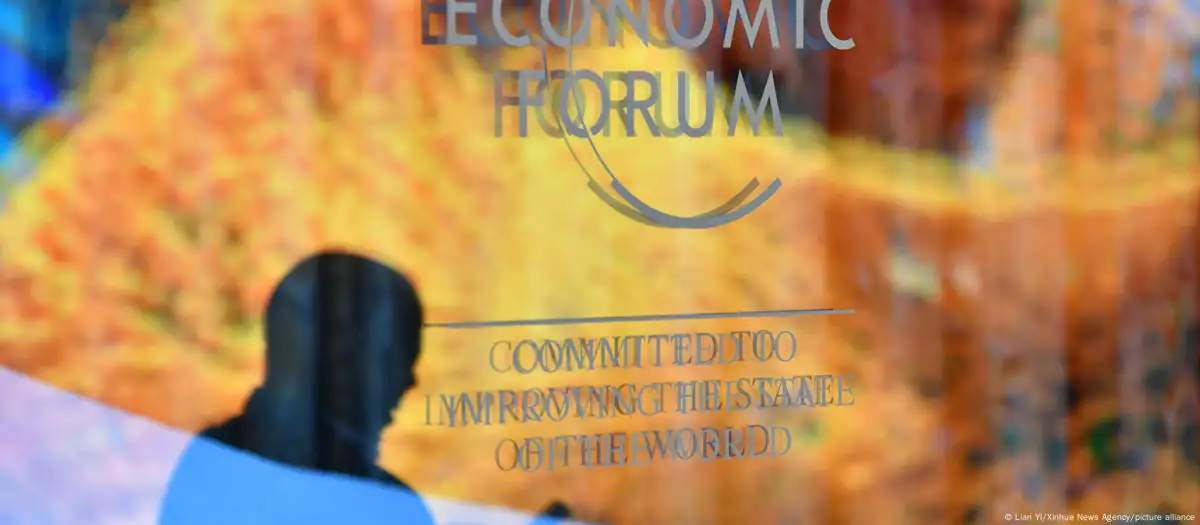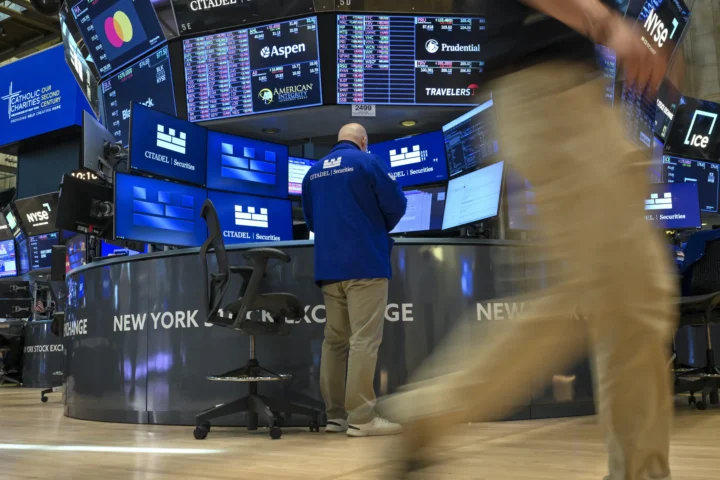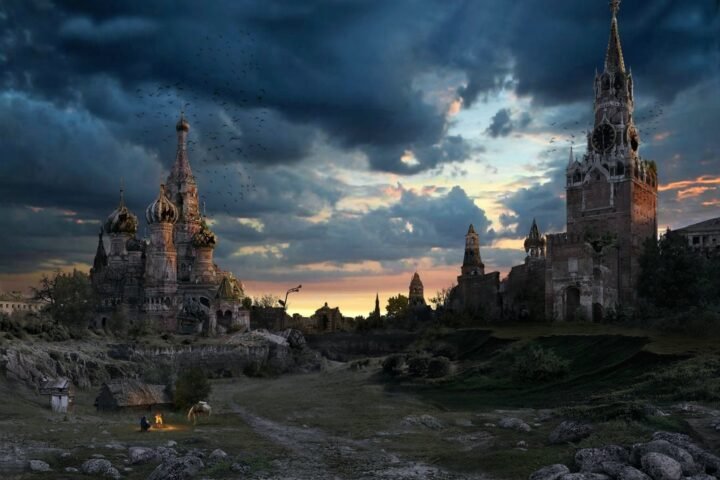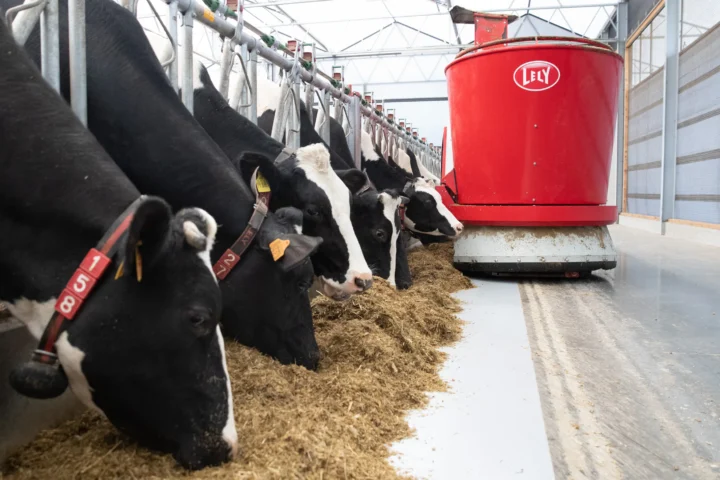Ahead of next week’s annual World Economic Forum in Davos, a survey suggests that industry leaders see armed conflict as the biggest potential threat to global economies in 2025.
Armed conflict and war are the biggest threats to global economies in 2025, according to an influential report released ahead of next week’s annual gathering of government and business leaders in Davos.
The World Economic Forum (WEF)’s annual global risk survey, which polled over 900 experts, policymakers and industry leaders, showed that 52% of respondents anticipate an “unsettled” global outlook over the next two years.
Conflict, including the threat of wars and terrorism, was named as the top immediate risk by almost one in four surveyed, reflecting heightened geopolitical tensions.
“Many respondents expect a stormy or turbulent outlook for the next two years,” said Mirek Dusek, managing director of the WEF, describing a “sense of uncertainty” around the future.
“We can assume this is also connected to the fact we live in a very complex geopolitical environment — we unfortunately have a record number of conflicts around the world.”
Conflict, climate change on high on list of worries
Syria, the “terrible humanitarian situation in Gaza” and the potential escalation of the conflict in the Middle East will be a focus at the gathering, WEF President and CEO Borge Brende said, even as reports emerged on Wednesday of ceasefire talks between Israel and Hamas approaching a conclusion.
Global risk is defined by the survey as “a condition that would negatively affect a significant proportion of global GDP, population or natural resources.”
Last year’s survey found that extreme weather posed the most severe risk to economic growth, and climate change does remain the biggest concern over the long term.
Global temperatures exceeded 1.5 degrees Celsius (2.7 degrees Fahrenheit) above the pre-industrial era for the first time last year, and the world is closer than ever to breaching pledges made under the 2015 Paris climate agreement.
Misinformation and disinformation were also highlighted as a major short-term risk given the rapid growth of artificial intelligence, while the report also identified concerns over shifting trade policies ahead of Donald Trump’s return to the White House and the threat of potential tariffs.
When is the World Economic Forum and who will attend?
The World Economic Forum in Davos, Switzerland, gets underway on January 20, the same day as Trump’s inauguration as the 47th president of the United States. Trump is expected to address the meeting virtually on January 23.
Among the world leaders expected to attend in person is Ukrainian President Volodymyr Zelenskyy, who will make a speech on January 21. Zelenskyy’s remarks will come against the backdrop of Trump’s promise to end the war with Russia as soon as possible.
European Commission President Ursula von der Leyen and Chinese Vice-Premier Ding Xuexiang are also due to attend.
“In a world marked by deepening divides and cascading risks, global leaders have a choice: to foster collaboration and resilience, or face compounding instability,” said Dusek, warning:
“The stakes have never been higher.”








